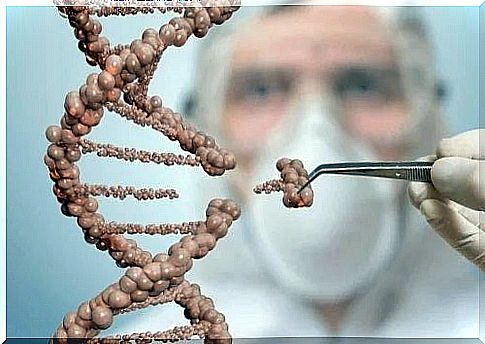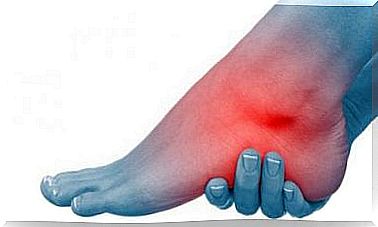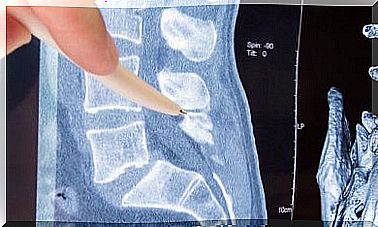What Are Telomeres And What Role Do They Play?
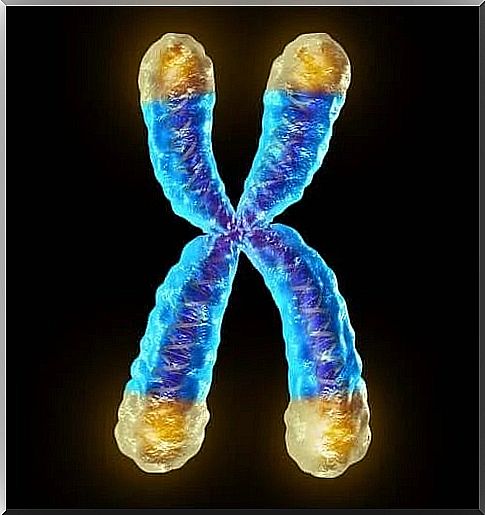
What are telomeres and what role do they play in the human body? Telomeres are the region of repetitive nucleotide sequences at each end of a chromosome and one of the most fascinating topics in science today. We believe that they contain answers about complex and enigmatic processes, such as aging, cancer and death.
In the 1930s, Hermann Joseph Muller and Barbara McClintock discovered telomeres. In fact, this earned them a Nobel Prize. Then, in 2009, researchers Elizabeth H. Blackburn, Carol W. Greider and Jack W. Szostak received another Nobel Prize in physiology and medicine for their research on the same subject.
Some scientists in the past believed that cells could divide indefinitely. Then others discovered that cells can only multiply a certain number of times, then die. The length of the telomeres determines how soon the cells will die.
What are telomeres?
As mentioned above, telomeres are the ends of chromosomes. The word comes from a Greek root that literally means “final part.” It’s like a piece of plastic at the end of the shoelaces.
Telomeres are the protective shields of human cell DNA. Thus, thanks to them, chromosomes can have a largely stable structure. This stability then allows the cells to divide normally.
The ends of chromosomes play an important role in performing many functions in the human body. For example, cells do not stick to each other because of them and this is very important for life. Among other features, telomeres allow us to determine the aging rate of an organism.
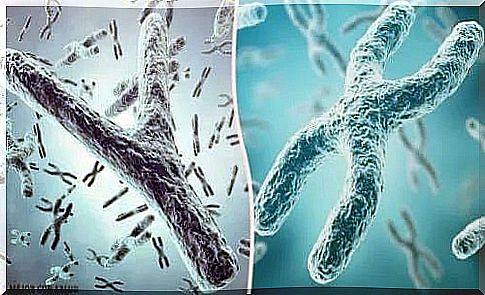
Understanding telomeres
Telomerase and youth
Stem cells are a kind of guardian of telomerase. However, the production of this regenerative enzyme decreases with age and increases the rate of cell damage. In theory, if telomerase production never stopped, we would be forever young.
But there is a problem. Cancer cells have very long telomeres and produce a large amount of telomerase. They also do not age and divide rapidly. The bottom line is that low telomerase production makes you age, but high production increases your risk of cancer.
So, in this sense, one of the problems of science is to maintain the generation of telomerase without causing cancer. The researchers performed experiments on mice that provided encouraging results. We do not rule out the possibility that in the near future scientists will be able to achieve their goal of manipulating telomerase in any way they want.
